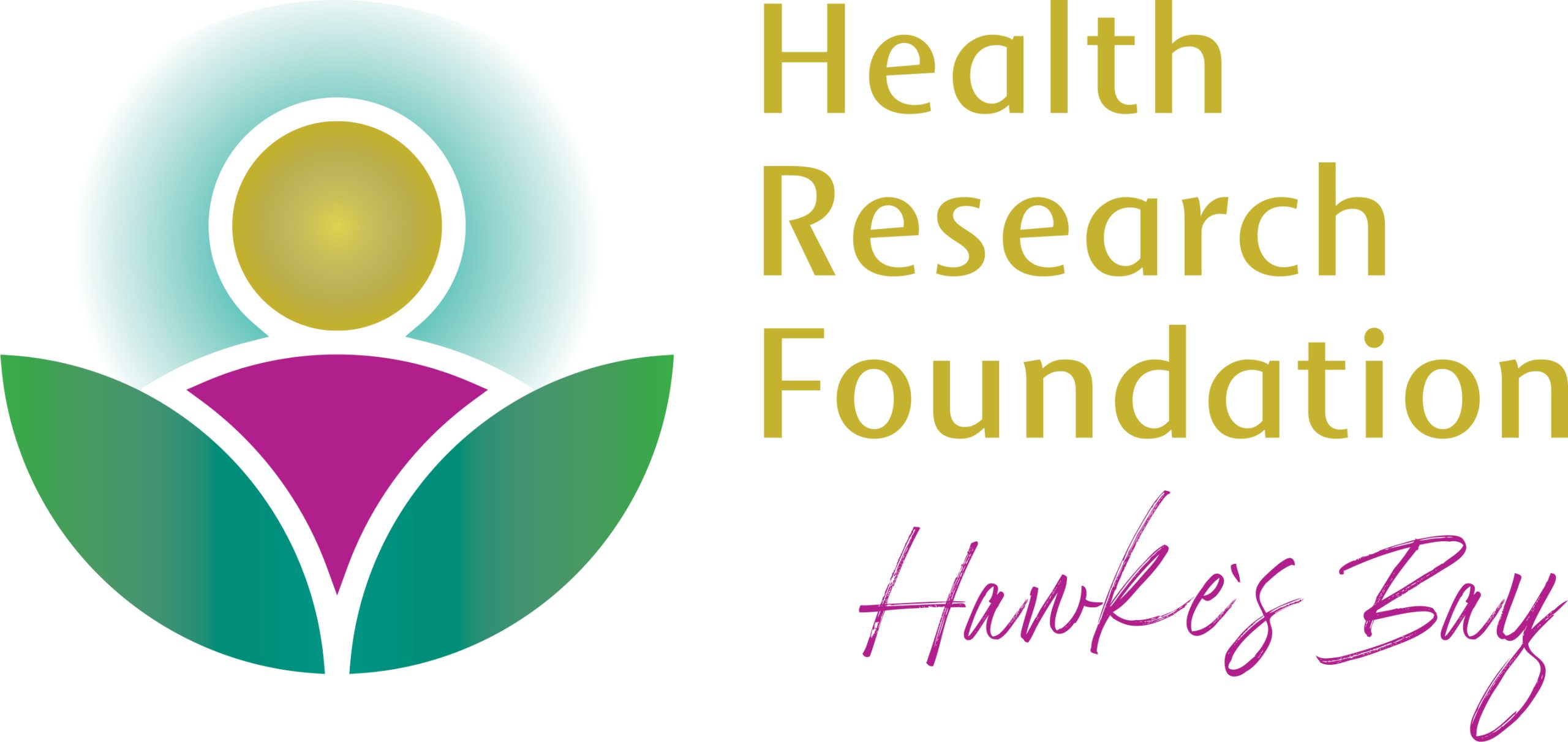Learning from our Older Generation
New Zealand has an ageing population. Today the percentage of population over the age of 65 is nearing 15% and by 2050 this is projected to have increased to 25%.
By 2050, one in every four New Zealanders will be aged 65 or older, compared to one in eight today.
During the past 50 years, The Foundation has funded a wide range of research projects that look at improve the health of the elderly.

From looking into the nutritional risks among the older people living in Hawke’s Bay’s community, to identifying a minimum income for healthy living in older New Zealanders, and risk of infection in hip joint replacements, many of these studies provide valuable information to help support and care for our ageing population.
Health statistician Lisa Jones’ study found that living situations and ethnicity are associated with nutritional risk.
Of the 1268 people she surveyed, over half the older people living in the community (56.5%) were either at risk (23.7%) or at high risk (32.8%). Older Māori. were 5.2 times more likely to be at risk than on-Māori.. Older people living alone wer 3.5 times more likely to be at risk, than those living with others.
The most frequent occurring nutritional risk factors were low milk product intake and perception of own weight being more or less than it should be. Skipping meals and not eating enough fruit and vegetables were also frequent risk for Māori.
Ageing is a privilege and a societal achievement. It is also a challenge which will impact on all aspects of 21st century society.
Her study showed that more investigations were needed to further support her findings, and to determine what the barriers to good nutrition are and how to improve this problem.
Population Health adviser Jessica MacIntosh, who works as a nurse in public health gained support from The Foundation for her thesis “A Minimum Income for Healthy Living Older New Zealanders” in completing her Master of Public Health at the University of Auckland.
She investigated the retirement income needs of older New Zealanders living independently in the community to estimate a “minimum income for healthy living older New Zealanders” by looking at how much it costs to meet these needs.
Her work drew on the best current evidence on the needs for healthy living, covering nutrition, physical activity, housing, socialisation, transport, health care and hygiene.
While not purporting to answer the question on whether, New Zealand Superannuation, is enough, her thesis sought to have health needs recognised as an important consideration.
The results highlighted that the cost of healthy living, relative to New Zealand Super is significantly higher for single older people, and older people renting their home, potentially
exacerbating the health disadvantage that these
populations experience.Another project funded by the Foundation led to educating change on using antipsychotic medication in nursing homes for the elderly in Hawke’s Bay.
Dr Ian Hosford, a consultant psychogeriatrician at Hawke’s Bay Hospital, undertook the project with a series of education seminars and information materials to nursing staff, general practitioners pharmacists and hospital doctors
highlighting the risk of antipsychotic and hypnotic medications in the most frail elderly.In two years there was a significant decrease reported in the use of these medications in rest homes, dementia care units and in hospital care, which has been favourably linked to this work.
Dr John English was a fifth-year medical student when he carried out a studentship under the supervision of Dr Angus Wickham, an Orthopaedic Registrar at Hawke’s Bay Hospital.
Their study done as a Studentship funded by the Foundation showed that the routine use of antibiotics in bone cement used in primary hip joint replacement, reduced the risk of deep infection. This lead to an evidence based change in the practice of prosthetic hip joint replacement.
